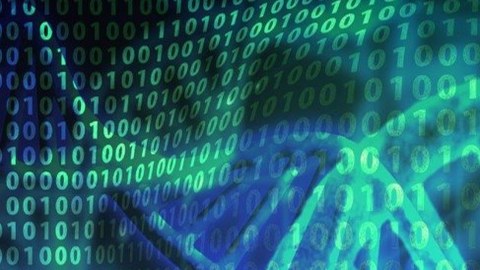Schroeder Group
We develop machine learning algorithms exploiting large protein structure and sequence data to improve diagnosis and treatment in cancer and infectious diseases.
Our research
We develop algorithms exploiting large protein structure and sequence data to improve diagnosis and treatment of disease.
Recent successes include novel lead compounds to overcome resistance against a cancer chemotherapy, to inactivate B-cells in auto-immune disease, and to treat Chagas disease. The lead compounds were predicted from an in-silico screen of structural data comparing binding sites of drugs and how they interact with their targets. The work has resulted in a very well used online and open-source tool to analyse molecular interactions called Plip and the spin-off company pharmAI GmbH.
Besides structural data, we analyse sequence data. In a large screen of pancreas cancer patients, we employed machine learning to improve cancer diagnosis from blood samples. Our AI analyses patients’ DNA and separates pancreas cancer from an inflammation at over 90% success rate in comparison to the best clinical marker CA19-9 at 70-80%.
Last, but not least, we analyse antibiotic resistance in waste water E. coli. We correlated genomic variations with antibiotic resistance and identified candidate resistance genes in E. coli.









